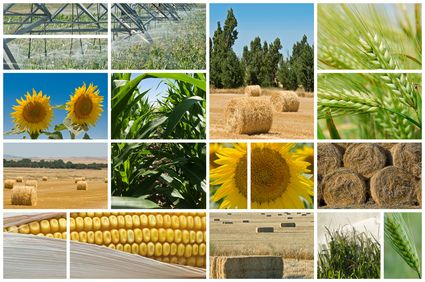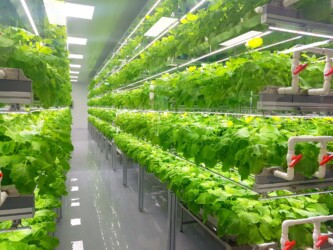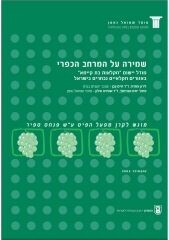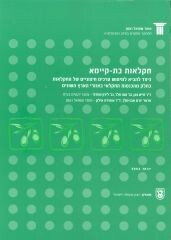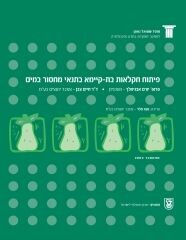דו"ח, שהוגש לקרן ספיר של מפעל הפיס, עסק בשמירה על המרחב הכפרי ובכלי מדיניות ליישום "חקלאות בת קיימא" באזורים חקלאיים נבחרים.
העבודה התבססה על בחינה של אזורים חקלאיים בעלי מאפיינים שונים, והסקת מסקנות לאור הנעשה בהם. נבחנו ארבעה אזורים חקלאיים: העמקים (עמק יזרעאל ומגידו), המועצה האזורית דרום השרון, עמק חפר וחבל עדולם, שבמועצה האזורית מטה יהודה. בכל אזור נלמדו מאפיינים ומגמות בחקלאות, צרכים וכיווני התפתחות, ומידת הישימות של כלים שונים לעידוד החקלאות.
באזור העמקים נערכה העבודה תחת הנחייתה של ועדת היגוי, הכוללת את נציגי המועצות האזוריות, חקלאים ונציגי משרדי ממשלה וגופים ציבוריים. באזורים האחרים נערכה העבודה בשיתוף פעולה של ראשי המועצות האזוריות ומרכזי הועדות החקלאיות.
נערכו פגישות במשרדי ממשלה- משרד החקלאות, מינהל מקרקעי ישראל, המשרד לאיכות הסביבה, משרד התיירות ומשרד האוצר, בכדי לזהות את הכלים הישימים לעידוד החקלאות.
נבנה מודל של תמרוץ הערכים הציבוריים של החקלאות, ונבחנו היבטיו הכלכליים והמוסדיים-יישומיים. כמו כן, נבחנו מספר כלים לעידוד העיבוד החקלאי, שכל אחד מהם מתייחס להיבט אחר בעיבוד החקלאי.
הגישה שהתווה מוסד שמואל נאמן חדרה לציבורים רבים והביאה לשינוי תפיסה מהותי.
בציבור בכלל ובציבור החקלאי בפרט התקבל הנושא בברכה ולאחרונה, אף משרד האוצר הכיר בתרומות החיצוניות של החקלאות ומעוניין להטמיע הכרה זו במדיניות כלכלית כזו שתסייע לחקלאי.

